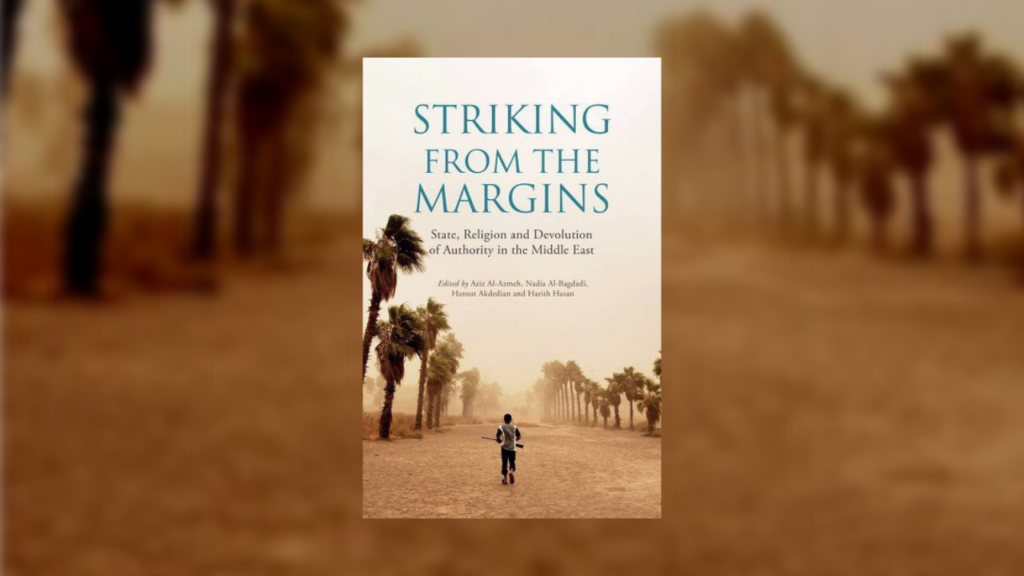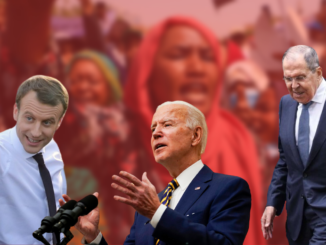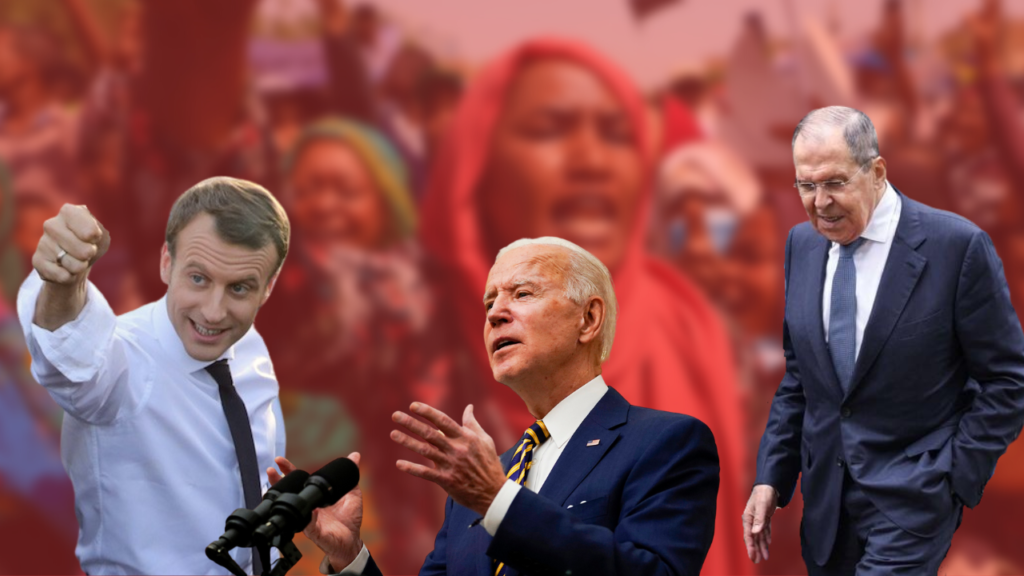
Editor’s Note: This article originally appeared in Peoples Dispatch.
On February 3, a Norfolk Southern freight train derailed in the town of East Palestine, Ohio. 50 out of 100 train cars ran off the tracks, igniting a massive fire that could be seen from miles away. Governor Mike DeWine of Ohio issued an evacuation order on February 5, due to the possibility of a major explosion. Local community members and activists across the country have sounded the alarms regarding the impacts the incident could have on public health and environment. Many have pointed to reports of animals dying en masse as evidence. Yet, despite the public outcry over the environmental and public health catastrophe, the actions of Ohio authorities reflect an attitude of concealment.
A reporter with NewsNation was recently violently arrested while covering one of Governor DeWine’s news conferences regarding the derailment. Police officers claimed that the reporter, Evan Lambert, was being too loud while the governor was speaking and in response, tackled him to the ground and handcuffed him. Lambert was released from jail the same day. “No journalist expects to be arrested when you’re doing your job,” Lambert told NewsNation.
Ohio officials claim that they have received no reports of animals dying in or near East Palestine, despite multiple public reports of local animal deaths. NewsNation obtained a video of dead fish in the Ohio River near East Palestine. According to Wildlife Officer Supervisor Scott Angelo, these fish could have died due to toxic fumes dissolving oxygen in the water, although the causes have not been confirmed. Farmer Taylor Holzer claims that his foxes have fallen mortally ill after the derailment.
Many concerns of East Palestine residents, as well as those of the rest of the nation, stem from the fact that the derailed train had 20 cars carrying hazardous materials. Norfolk Southern Railroad conducted a “controlled release” on February 6 of several tankers that ran the risk of explosion. State officials are yet to inform residents of East Palestine about what effect this “controlled release” of toxic fumes, combined with a massive fire burning for five days, will have. Five of the derailed cars contained vinyl chloride, a carcinogen linked to various forms of cancer. The Environmental Protection Agency (EPA) is monitoring two other toxic chemicals: phosgene and hydrogen chloride. Public health experts have already indicated that the effects of these chemicals could last decades. “There’s a lot of what ifs, and we’re going to be looking at this thing 5, 10, 15, 20 years down the line and wondering, ‘Gee, cancer clusters could pop up, you know, well water could go bad,” Silverado Caggiano, a hazardous materials specialist, told NewsNation. Most recently, the EPA discovered that three other toxic chemicals were present in the derailed train.
Railroad Workers Point to Cost-Cutting As the Culprit
For unionized rail workers, the train derailment exposes systemic failures in a railroad system that is driven by profit, not safety. Railroad Workers United (RWU), a cross-union workers’ organization, writes, “in the last 10 years, the Class One carriers [rail companies with the highest revenues] have dramatically increased both the length and tonnage of the average train, while cutting back on maintenance and inspection, and we have a time bomb ticking.”
A report by The Lever highlighted that in 2017 during Republican Donald Trump’s presidency, Norfolk Southern lobbyists successfully rescinded regulations aimed at improving railroad safety regulations. Specifically, the company successfully beat back measures that would require train cars carrying hazardous, flammable materials to be equipped with electronic brakes which can stop trains more effectively than conventional brakes. Railroad company donors delivered over USD$6 million to Republican Party campaigns in the 2016 election cycle, but still claimed that safety regulations would “impose tremendous costs without providing offsetting safety benefits.”
Norfolk Southern made a record of over USD$12 billion in revenue last year, and recently announced a USD$10 million stock buyback program.
Last year, railroad workers in the United States were on the cusp of a strike, which would have shattered the U.S. economy as rail workers are some of the most essential workers in the nation. Workers were demanding more sick leave to combat the effects of “Precision Scheduled Railroading,” a corporate scheme to cut costs by demanding more work from fewer workers. Infamously, U.S. President Joe Biden and the U.S. Congress blocked rail workers’ right to strike by rapidly passing legislation that forced workers to accept an agreement without sick days.
Railroad Workers United argues that Precision Scheduled Railroading, and the overworking, lay-offs and lack of safety measures that unionized workers were fighting for last year were a primary reason for the derailment. One of the causes of the derailment, RWU argues, is that a damaged car was allowed to leave a terminal due to cut inspection times and layoffs. The train was also not blocked properly, the group claims, because blocking a train properly takes longer and therefore has been mostly done away with by rail companies. More Perfect Union has pointed out that rail companies have cut 22 percent of railroad jobs since 2017. Unionized workers were planning to use their right to strike to combat this trend in 2022. Instead, they were forced back to work on penalty of arrest.








